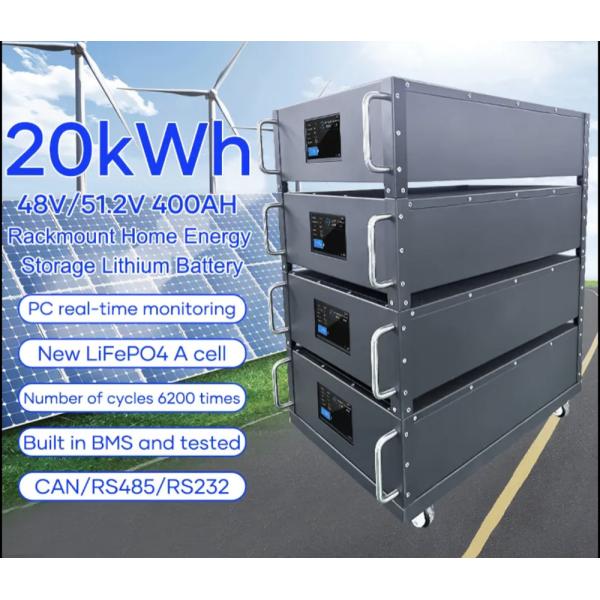| Sign In | Join Free | My benadorassociates.com |
|
| Sign In | Join Free | My benadorassociates.com |
|
| Categories | 48V Lithium Ion Battery |
|---|---|
| Place of Origin: | Guangdong |
| MOQ: | negotiation |
| Price: | negotiation |
| Payment Terms: | L/C, D/A, D/P, T/T, Western Union, MoneyGram |
| Supply Ability: | negotiation |
| Delivery Time: | negotiation |
| Company Info. |
| guangzhou pmd technology co ltd |
| View Contact Details |
| Product List |
Solar PV Charging LiFePO4 20KWH51.2V400AH Home Energy Storage
>>MAIN FEATURES


Guangzhou Pei Mengdan New Energy Co., LTD. (referred to as PMD New Energy) is a high-tech enterprise specializing in the research and development, production and sales of lithium batteries. PMD New Energy has a strong R & D team and the most advanced automated production equipment and manufacturing process in China.
Products have passed UN38.3, CE, UL, ROHS and other international certification. We are always working to improve existing products and create new models. We are willing to provide you with quality products at the most reasonable price and serve you wholeheartedly. You win, we win.
FAQ
Certainly! Here are some frequently asked questions (FAQs) about batteries:
Q: What is a battery?
A: A battery is an electrochemical device that stores and supplies
electrical energy. It typically consists of one or more
electrochemical cells, which convert chemical energy into
electrical energy.
Q: What are the different types of batteries?
A: There are various types of batteries, including alkaline
batteries, lithium-ion batteries, lead-acid batteries,
nickel-cadmium batteries, nickel-metal hydride batteries, and more.
Each type has its own characteristics, advantages, and limitations.
Q: What is the difference between primary and secondary batteries?
A: Primary batteries are non-rechargeable and have a limited
lifespan. Once their energy is depleted, they need to be replaced.
Secondary batteries, also known as rechargeable batteries, can be
recharged multiple times by applying an electrical current to
reverse the chemical reactions within the battery.
Q: How do I choose the right battery for my device?
A: When selecting a battery, consider factors such as voltage,
capacity, size, and compatibility with your device. Refer to the
device's specifications or consult the manufacturer's
recommendations to ensure you choose a battery that meets the
requirements.
Q: How should I store batteries?
A: Store batteries in a cool, dry place at room temperature. Avoid
exposing them to extreme temperatures, as high heat or cold can
affect their performance and shorten their lifespan. Additionally,
keep batteries away from metal objects or conductive materials that
could cause a short circuit.
Q: Can I mix different battery types or brands?
A: It is generally recommended to use batteries of the same type,
brand, and capacity in a device. Mixing different battery types or
brands can lead to inconsistent performance, voltage mismatch, or
even damage to the device.
Q: How should I dispose of batteries?
A: It is important to dispose of batteries properly to minimize
environmental impact. Many communities have specific recycling
programs or designated drop-off locations for battery recycling.
Avoid throwing batteries in regular trash bins, as they may contain
hazardous materials that can harm the environment.
Q: How can I extend the lifespan of my batteries?
A: To prolong battery life, avoid overcharging or deep discharging
rechargeable batteries. Follow the manufacturer's instructions for
charging and use, and avoid exposing batteries to extreme
temperatures. Regularly clean the battery contacts to ensure a good
connection.
Remember, if you have specific questions about a particular type of battery or application, it's best to consult the manufacturer's guidelines or seek expert advice.

|